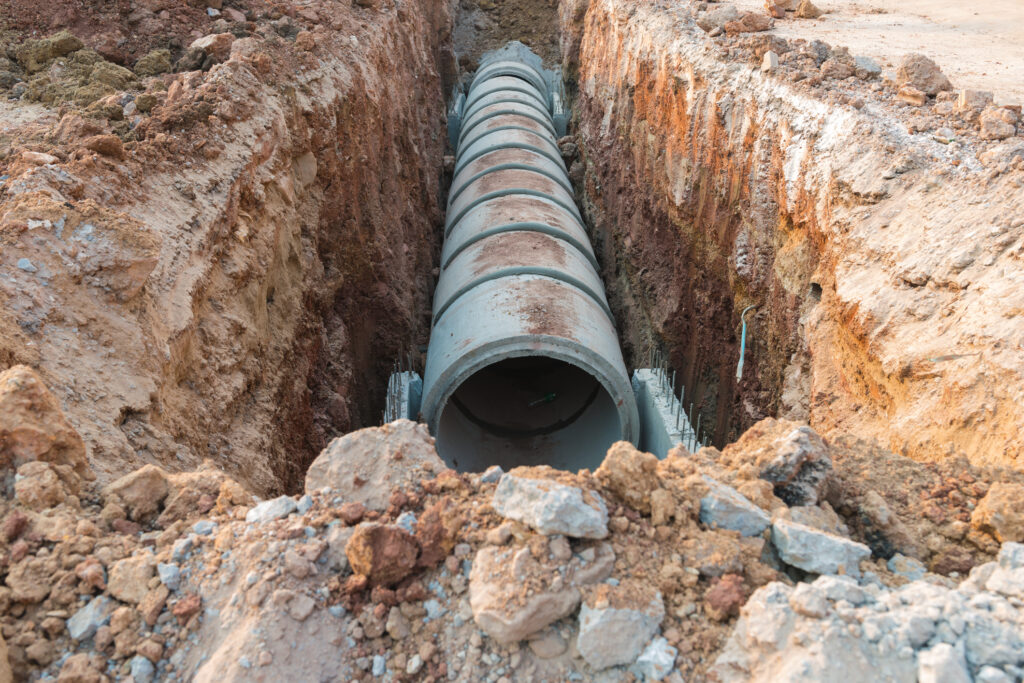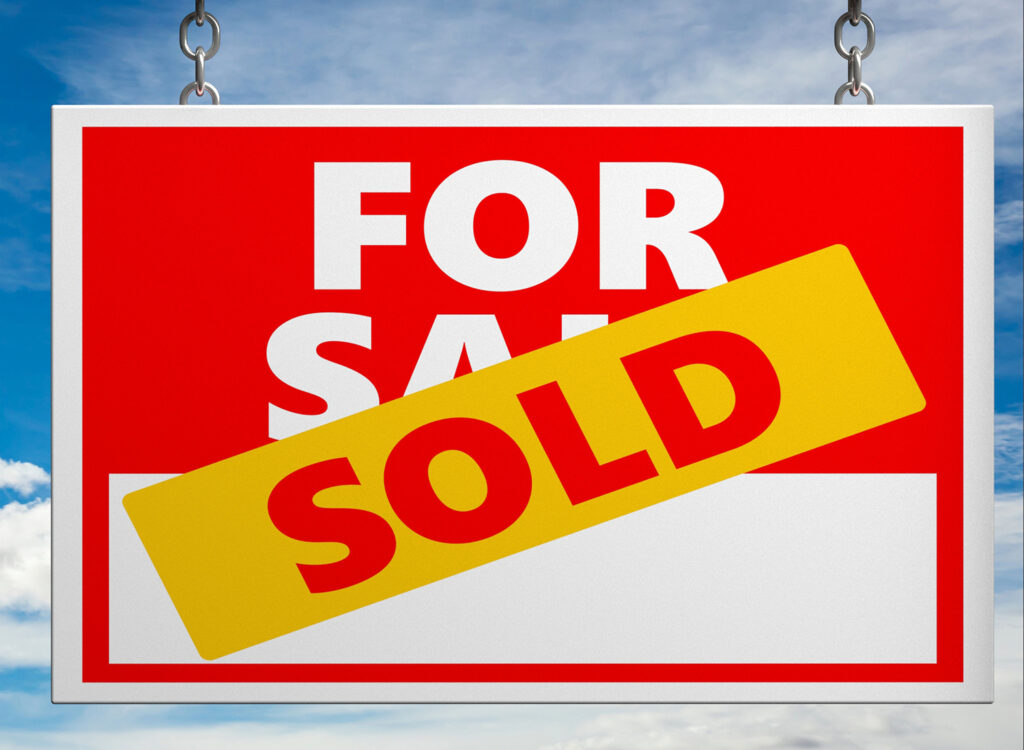Report: Newly built houses generate $600 million in income for Des Moines area

KATHY A. BOLTEN Sep 5, 2019 | 7:39 pm
2 min read time
593 wordsAll Latest News, Real Estate and DevelopmentThe 2,538 new houses built in the Des Moines area in 2018 generated $560 million in income for businesses, workers and cities, a new report released by the National Association of Homebuilders shows.
The report estimated that the houses would generate another $114 million over the next 15 years as well as $42.2 million in taxes and other revenue for local governments.
In addition, the report showed that the new home construction supported more than 7,000 jobs.
The release of the report comes four days before the Des Moines City Council holds its first public hearing on a new zoning ordinance, the most contentious part of which is establishing minimum square footage requirements for newly constructed houses in new developments and existing neighborhoods. City staff members have said houses need to be at least a certain size, depending on the design, so that the property taxes they generate pay for city services and improvements such as the extension of sewers and streets.
“They are questioning how much housing benefits them,” said Dan Knoup, executive officer of the Homebuilders Association of Greater Des Moines. “We’re here to tell them that [no matter the size], it all benefits them.”
The proposed building standards for newly built houses sparked an outcry among homebuilders and affordable housing advocates who said the requirements would drive up the cost of building new houses by $10,000 to $70,000, depending on the design, and be unaffordable for moderate-income families.
Last month, city staff released a range of proposals including that single-story houses with full basements built in new developments be at least 1,300 square feet and two-story houses without basements be at least 1,700 square feet. The minimum sizes of houses built on infill lots in the city would range from 1,100 square feet to 1,400 square feet, depending on the style and whether a basement was included.
Under the proposal, city staff would have the ability to allow houses to be as much as 18% smaller. Reductions of more than 18% would have to be approved by the city’s Plan and Zoning Commission and ultimately the City Council.
City staff members have said the proposals are for developers who want a “fast pass” to obtaining approval for developments and building permits. Developers and builders whose projects meet the city’s minimum requirements would not have to go before the Plan and Zoning Commission or City Council. Projects that don’t meet the minimum requirements would need approval from the two groups.
The local homebuilders’ group asked the national association to conduct the Des Moines study, which is similar to others that have been done in other cities across the country.
“We really want to raise the awareness around the community of how vital housing is as an economic driver,” Knoup said. “We want to dispel the myth that housing doesn’t pay for itself.”
Knoup said representatives from the homebuilders’ association have talked with city staff and council members about the requirements. He said the group feels comfortable with minimum square footage requirements for new developments that have been discussed and that are slightly less than what city staff has proposed. He said concerns continue to exist with house size requirements for homes built in existing neighborhoods. He declined to share the minimum requirements discussed with city staff.
“We have houses that have been sitting unsold for a year because they are larger than those in the neighborhood,” Knoup said. “People are afraid to have the most expensive house on the block. So yes, the infill lots are something we’re still struggling with.”










